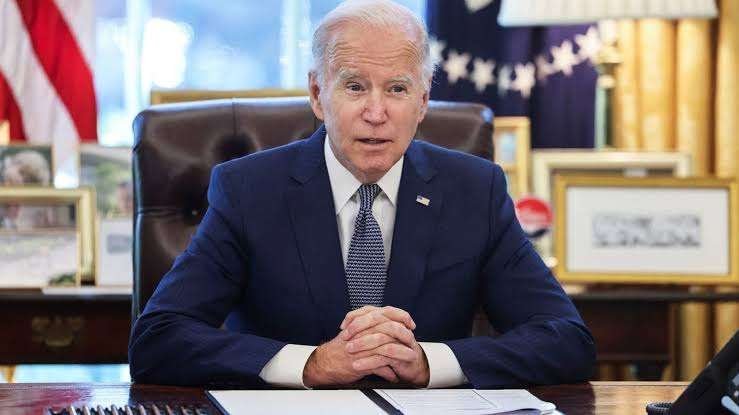Biden Signs Debt Ceiling Bill – On Saturday, Joe Biden took action by signing a bill that effectively halted America’s debt ceiling, thereby resolving a prolonged deadlock with Kevin McCarthy, the Republican House speaker. This move successfully prevented a potential federal default, which could have had severe repercussions on the US economy.
Experts in the field of economics had cautioned that a federal default, an unprecedented event in American history, had the potential to double the unemployment rate and inflict significant harm on the country’s gross domestic product (GDP). “Passing this budget agreement was critical. The stakes could not have been higher,” Biden said in a televised address from the Oval Office on Friday evening.
People Also Read: Biden and McCarthy Agree to Raise the US Debt Ceiling
“If we had failed to reach an agreement on the budget, there were extreme voices threatening to take America, for the first time in our 247-year history, into default on our national debt. Nothing, nothing would have been more irresponsible.” Following a bipartisan vote of 63 to 36 in the Senate, the bill was signed into law by Joe Biden one day later. This occurred just in time, as the deadline for the potential default was approaching on 5th June.
Prior to its passage in the Senate, the bill had already obtained bipartisan support in the Republican-controlled House, with a vote of 314 to 117. The newly enacted law has effectively suspended the government’s borrowing limit until January 2025, ensuring that this issue will not arise before the next presidential election. During negotiations with President Biden concerning the debt ceiling, Kevin McCarthy secured several concessions aimed at reducing government spending.
The legislation includes a modest decrease in non-defense discretionary spending and also introduces changes to the work requirements for programs such as the Supplemental Nutrition Assistance and the Temporary Assistance for Needy Families. Biden faced a partial setback with the concessions made, as he had previously maintained his stance of not negotiating over the debt ceiling and urged Congress to pass an uncomplicated bill without any additional conditions.
However, the pressure increased when House Republicans passed their own debt ceiling bill in late April, which bolstered McCarthy’s position in negotiations. Nonetheless, upon signing the compromise bill on Friday, Biden expressed his satisfaction that he and his advisors were able to push back against many of the demands put forth by House Republicans. The initial bill proposed by the House Republicans included more substantial spending cuts and broader work requirements for benefits programs, while only extending the government’s borrowing limit until 2024.
However, the final agreement significantly reduced the impact of those policies and provided a longer respite from future battles over the debt ceiling. However, despite their personal criticisms, the majority of Democrats in Congress set aside their concerns about the legislation in order to prevent the potential catastrophic consequences of a default. Although Biden’s signing of the debt ceiling bill has averted an immediate crisis, lawmakers will need to revisit the issue before January 2025, when the new suspension expires.
People Also Read: Republican Iowa Governor Rolls Back State’s Child Labor Law Protections
Some Democrats, along with certain economists, have advocated for the elimination of the debt ceiling altogether to eliminate the threat of future defaults. In particular, progressive voices have suggested that Biden could use his executive authority to abolish the country’s borrowing limit by invoking the 14th amendment of the constitution. This amendment explicitly states that the validity of America’s public debt “shall not be questioned”.




